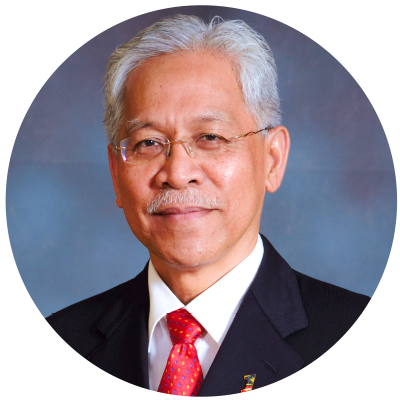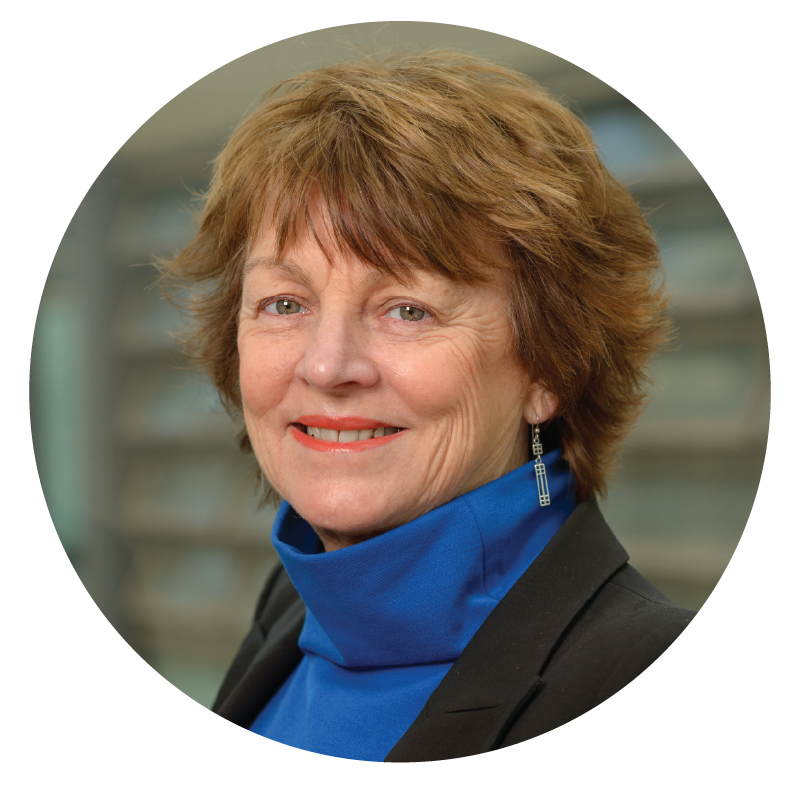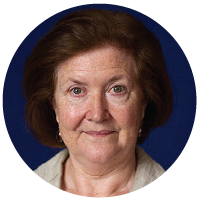YB Dato' Seri Idris Bin Jusoh |
Keynote: Redesigning Higher Education: Prepare Malaysia for the Future Biography: YB Dato' Seri Idris Bin Jusoh was Appointed as Malaysia’s Minister of Higher Education in July 2015, Idris had previously held posts as Minister of Education II, Chairman of Majlis Amanah Rakyat (MARA) (2008-2013), Chief Minister of Terengganu (2004-2008) and Deputy Minister of Entrepreneurial Development (1995-1999). Currently Member of Parliament for the beautiful constituency of Besut, Terengganu, Idris’ passion for education is second to none. Idris was instrumental in setting up programmes to bring in native English speakers from the UK and USA in order to enhance English proficiency amongst Malaysian students. He has founded schools known as “Imtiaz Schools” which combine science and Islamic-religious education. At the tertiary education level, Idris is credited with the establishment of the Sultan Zainal Abidin University (UniSZA) Terengganu, and Universiti Malaysia Terengganu (UMT). As Minister of Higher Education, Idris played an important role in the formulation of the Malaysia Education Blueprint (Higher Education) 2015-2025 which aims to develop holistic, entrepreneurial and balanced graduates, to enhance industry participation and collaboration with academia, to make Malaysia a regional education hub, and to raise the global prominence of Malaysia’s higher education system, among others. Unique initiatives under the Blueprint include the Integrated Cumulative Grade Point Average (iCGPA), the CEO at Faculty Programme, the 2u2i (a work based learning) programme, Malaysia Massive Open Online Courses (MOOCs), and Accreditation of Prior Experiential Learning (APEL) (a lifelong learning initiative). Mainstreaming TVET (technical and vocational education and training) is also one the Blueprint’s goals. Idris calls these initiatives the Ministry’s efforts to ‘Redesign Higher Education’. In 2015, Idris came up with the tagline “Soaring Upwards” which is the Ministry of Higher Education’s motto. Soaring Upwards is meant to serve as a reminder that Malaysia’s education system is improving and has achieved many successes while at the same time, denotes the continuous efforts required to bring Malaysia’s higher education system to the next level. Idris Jusoh holds an MBA (Finance) from the University of New Haven, USA and a Degree in Social Sciences (Economics and Management) from University Sains Malaysia (USM) where he also received the Gold Medal Award for emerging as USM’s valedictorian. At USM, he was the students’ association president while at New Haven, he was the president of the international students association, showcasing his knack for leadership at a young age. He studied Arabic at the University of Jordan in 1994. Committed to lifelong learning, he has also attended the Advanced Management Programmes (AMP) in Harvard (2001) and INSEAD, France (2008), the Leadership in Developing Countries Programme at the Harvard Kennedy School, Harvard University in 2009. Most recently, he attended a Neuro Linguistic Programming course in Orlando, Florida (2016). |
|
Prof. Dr. Shirley Alexander |
Keynote: Pursuing a University-wide approach to employability Masterclass Workshop: A university-wide approach to developing employability skills The world of work is undergoing significant change, and there are growing predictions of unprecedented levels of disruption in the workforce. The challenge for higher education is to ensure that we are preparing our students for the changing nature of work.
In this Masterclass, Professor Shirley Alexander will lead a discussion on the future predictions for work – what skills will be needed in the future, what capabilities are employers looking for and how we can prepare our graduates for these signficant changes. You will explore the approach UTS has in place to ensure its students have the best possible opportunities so they can achieve their own employability goals. This Masterclass will also draw on the UTS experience of new initiatives in innovative learning and teaching pedagogies that have been rolled out across the university, requiring considerable professional development and re-thinking about learning, teaching and assessment. Biography: Shirley Alexander is Professor of Learning Technologies at the University of Technology Sydney (UTS) where she is currently Deputy Vice-Chancellor & Vice President (Education and Students). She has worked at UTS for over twenty years; having previously held the positions of Director, Institute for Interactive Media and Learning and Dean, Faculty of Education. Professor Alexander is responsible for leading the achievement of the University’s key priorities in teaching and learning, the student experience and development of a strong student culture across the University. She also developed the learning.futures strategy at UTS. The strategy prepares students for this uncertain world of work which is undergoing significant change and there are growing predictions of the loss of traditional professional jobs and the creation of new positions which few of us can imagine. Learning.futures equips students with the skills and habits of mind they need for success in their future working life. Professor Alexander also leads the development of a vision for the future of learning in higher education and the ways in which that vision influenced the design of the new learning spaces and the use of learning technologies. What students learn and how they learn will require teachers to also develop new skills, especially in the design of the curriculum and learning strategies to meet the needs of today’s students and adapting to the evolving higher education landscape in the 21st century to develop future leaders. The University of Technology Sydney has been engaged in a major $1 billion campus redevelopment project. Professor Alexander is leading a system of projects to ensure these developments support the vision for the future of learning. The projects won the prestigious Wharton-QS Stars Reimagine Education Awards 2015, in the category of Hybrid Learning. |
Prof. Dr. Carol Costley |
Keynote: University-Business Cooperation; a good practice case study Masterclass Workshop: How a Work-Based learning curriculum model can support the higher education curriculum The masterclass will provide an introduction to elements in a Work Based Learning (WBL) curriculum that can be used for full time undergraduates on internships or placements and for people studying part-time who are full time workers. It has application to any field. The elements that will be covered are: Planning WBL, Learning Contracts, Practitioner-Led Enquiry Projects, Recognition of Prior Learning and Reflective assignments. The learning for all these elements is based in work situations, not in the classroom. There will be a discussion on the difference this makes to pedagogical practice and possibilities for assessment. Finally, the flexibility that can be drawn from this curriculum can be used for engaging with employers for both internships and c.p.d Biography: Carol Costley is a Professor in Work Based Learning and Head of Research and Research Degrees at the Institute for Work Based Learning. She gained her PhD (1995) from the University of Surrey and she holds a Master's Degree in Work Based Learning Studies. She also holds professional qualifications in teaching and learning. Under her leadership, Middlesex IWBL has been identified as one of the top 50 universities in the European Union for university-business cooperation (UBC) through the work of the Institute for Work Based Learning (IWBL). The Institute for Work Based Learning is internationally recognised for innovation and expertise in professional and work-based learning. The Institute offers organisations and individuals the opportunity to gain formal recognition and academic credit for learning that occurs in the workplace. Carol works with organisations in the private, public, community and voluntary sectors internationally in the learning and teaching of work-based, taught and research degrees. She was an executive member of the Universities Association for Lifelong Learning (UALL) 2005-2011 and convenor of the UALL network for Work Based Learning 1998-2011. |




